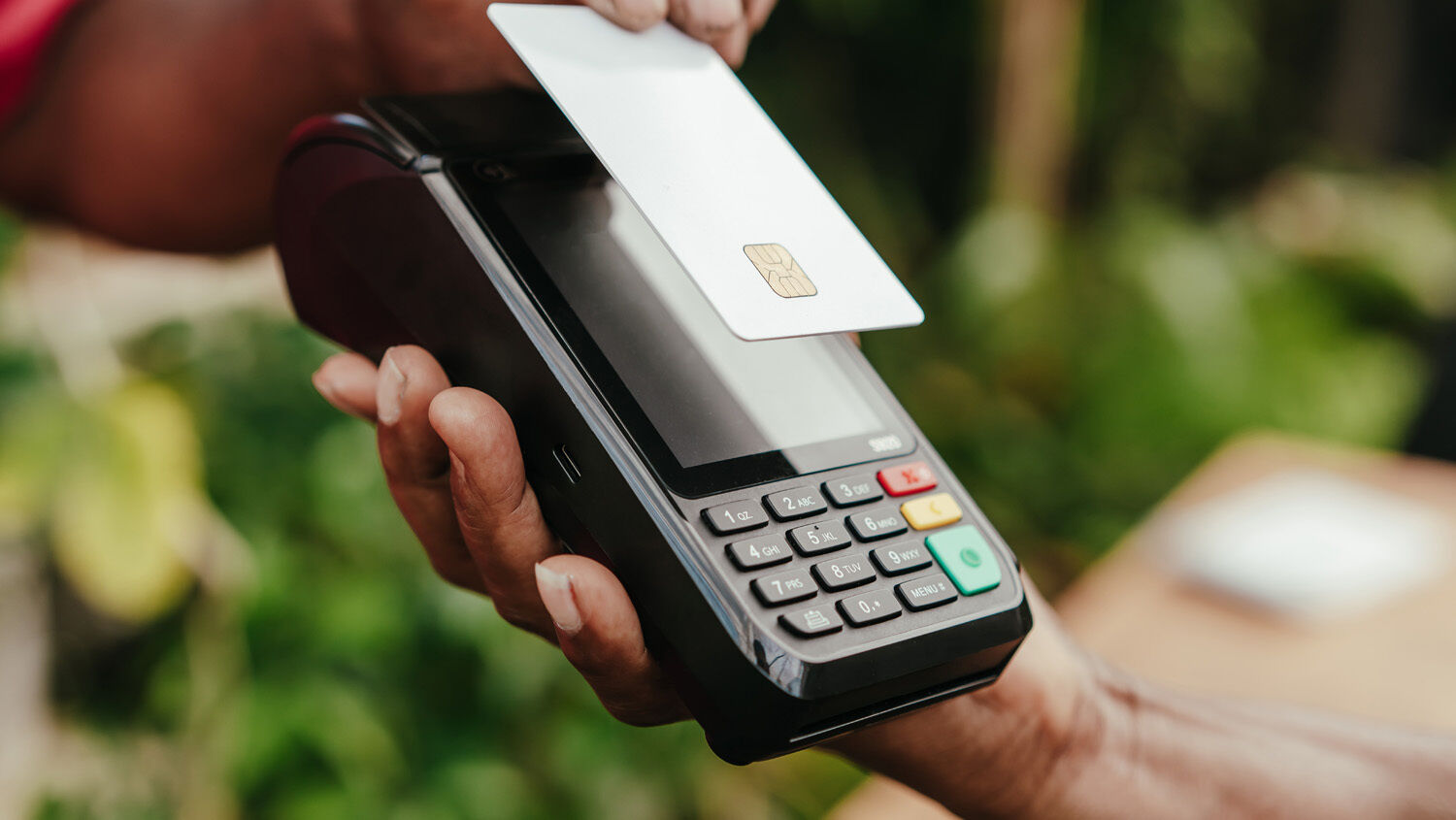
Americans’ Credit Card Debt Hits Record High
American credit card debt exceeded $1 trillion for the first time, according to an August 8 press release. During the covid-19 outbreak, Americans racked up savings due to stimulus checks. But now those savings are spent, and because of the struggling economy, many Americans are turning to credit cards to sustain their quality of life. This is shown by several statistics:
- This month, for the first time ever, the number of Americans consolidating credit card debt month-to-month is greater than the number paying their bills.
- The number of delinquent accounts (those with debt at least 30 days past due) increased 42.6 percent over the past two years, reaching their highest level since 2017.
- Between April and June, credit card balances increased by $45 billion.
- In June alone, the average balance per credit card rose to $2,573 (a 6.5 percent increase over last year).
- Credit card interest rates are now at 20.6 percent.
This can’t last: Strong economies do not necessitate excessive borrowing on credit cards month after month to make ends meet. For an alarming number of Americans, this trend is unsustainable. Sooner or later, consumers will max out their cards.
This may have already begun. Credit card spending dropped suddenly in June. According to Federal Reserve data, revolving credit (which indicates credit card debt) shrank $600 million in June (a 0.6 percent decrease).
Consumer spending makes up two thirds of the U.S. economy. What happens if it stops?
The Bible prophesied today’s economic collapse. Our booklet He Was Right documents how, in 1968, Herbert W. Armstrong used biblical books such as Leviticus and Deuteronomy to predict the state of America today.
Scripture is full of prophecy concerning the curses of today’s age, but it also gives ways of escape—even financially. God wants mankind to live life abundantly (John 10:10), and there is still hope for those in financial despair to climb out of the holes they’ve fallen into.
To learn how to conquer any financial challenge, read our article “Get Out of Credit Card Debt.”
